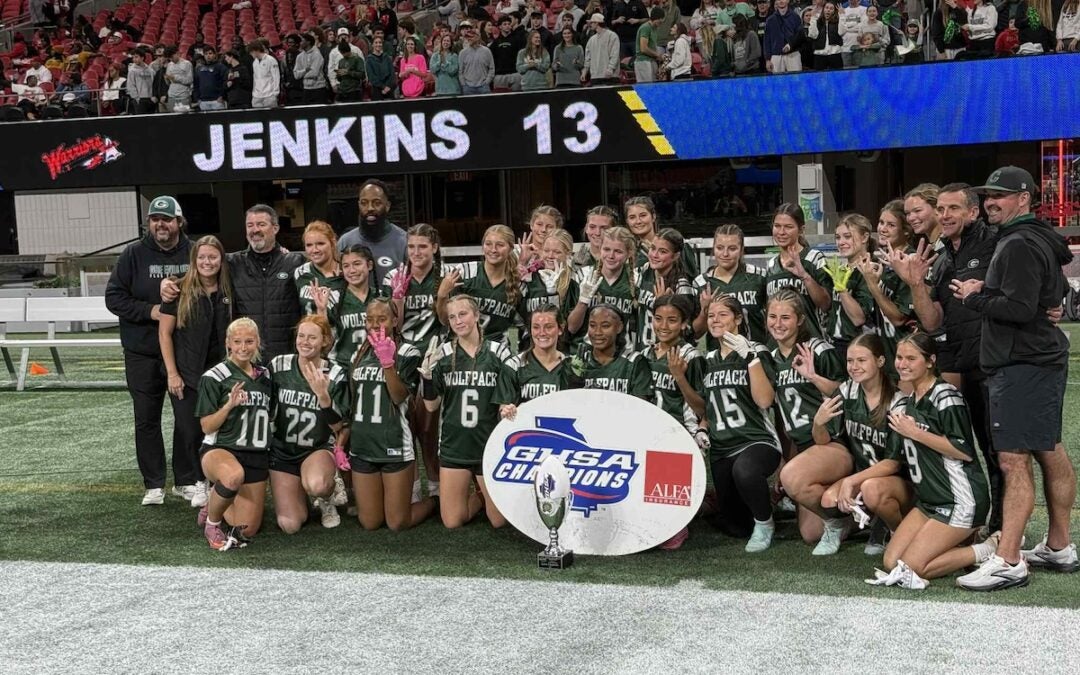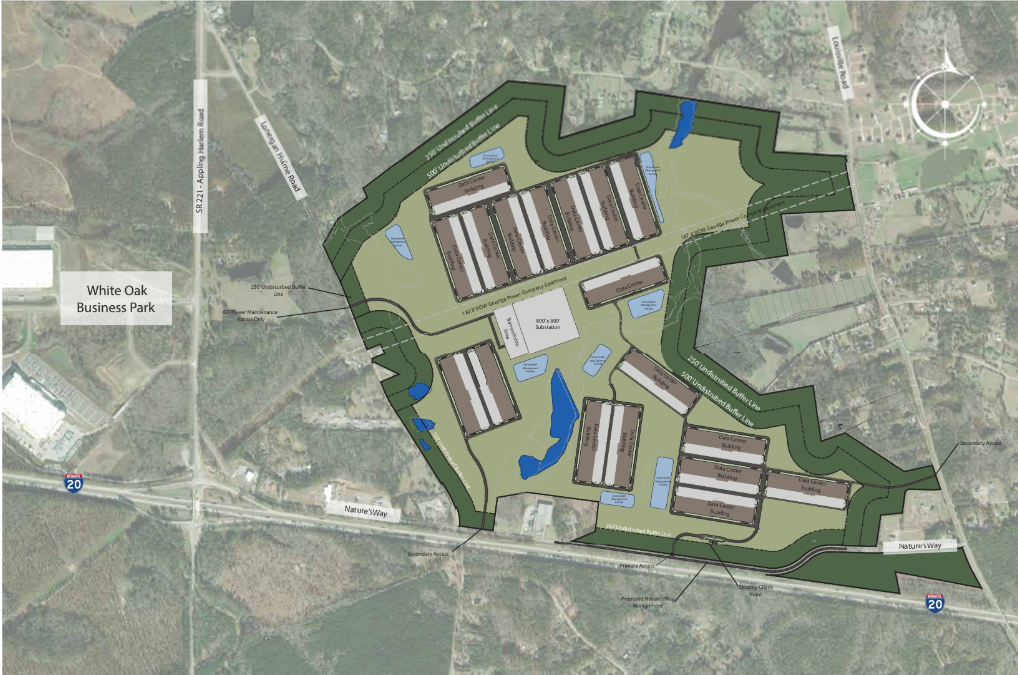by Dave Williams | Capitol Beat News Service
ATLANTA – U.S. Sen. Raphael Warnock, D-Ga., introduced legislation Tuesday that would create a federal grant program to help technical colleges and community colleges match their workforce development programs with community needs.
The bipartisan bill – also sponsored by Sen. Mike Braun, R-Ind. – would help train students for good-paying jobs in fields where the federal government has been making historic investments, including clean energy, manufacturing, and health care.
“We really need skilled workers, and not all these workers are from four-year colleges and universities,” Warnock said. “My bill would give a powerful and permanent tool to fill Georgia jobs with Georgia workers.”
The Pathways to Prosperity Act of 2024 would provide competitive grants to community and technical colleges to support partnerships between those schools and employers. The partnerships would work to establish, improve, and expand the colleges’ workforce development programs to align with local industry needs.
Warnock said he is looking to include the bill as a provision in workforce development reauthorization legislation now before the Senate.
“Technical and community colleges are among our most underappreciated and underfunded resources,” he said. “My legislation will make their efforts more robust.”
Groups endorsing the bill include the Progressive Policy Institute, the Association for Career and Technical Education, and the National Skills Coalition.









